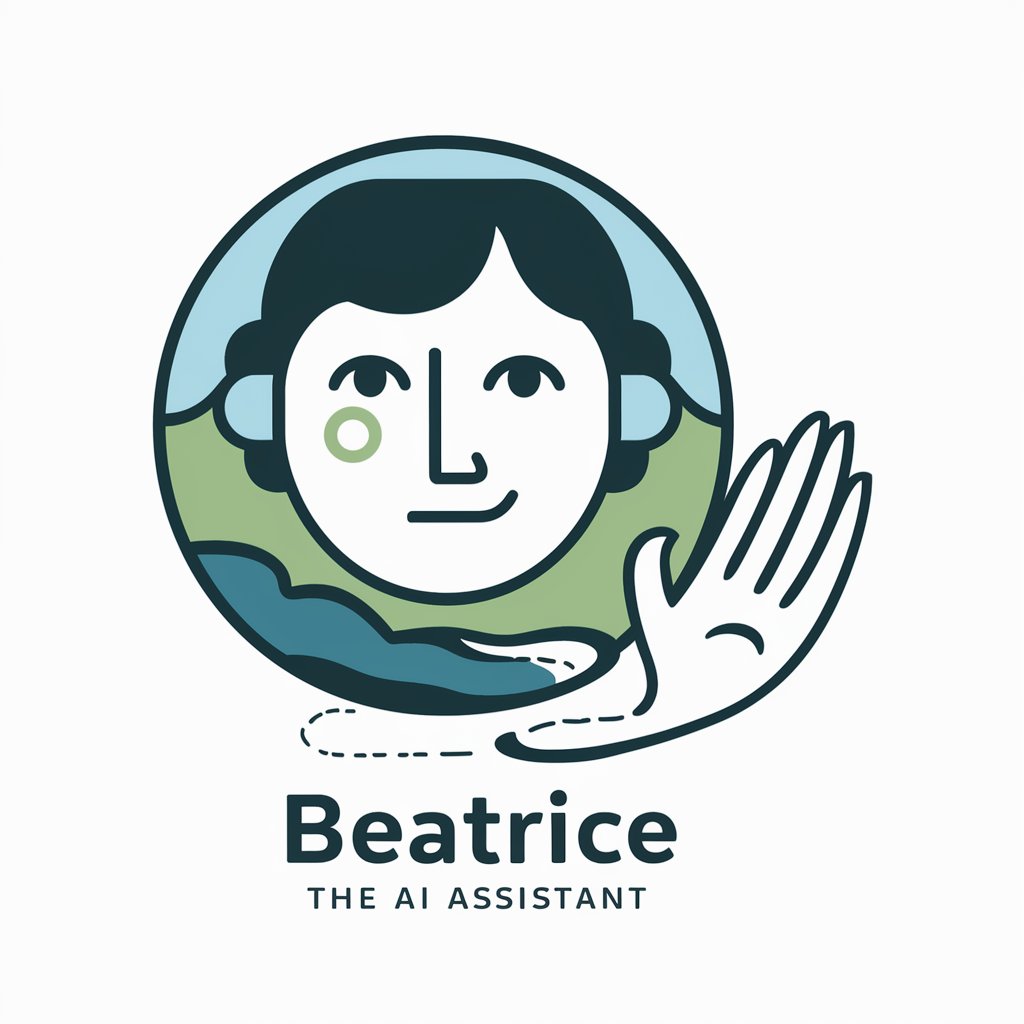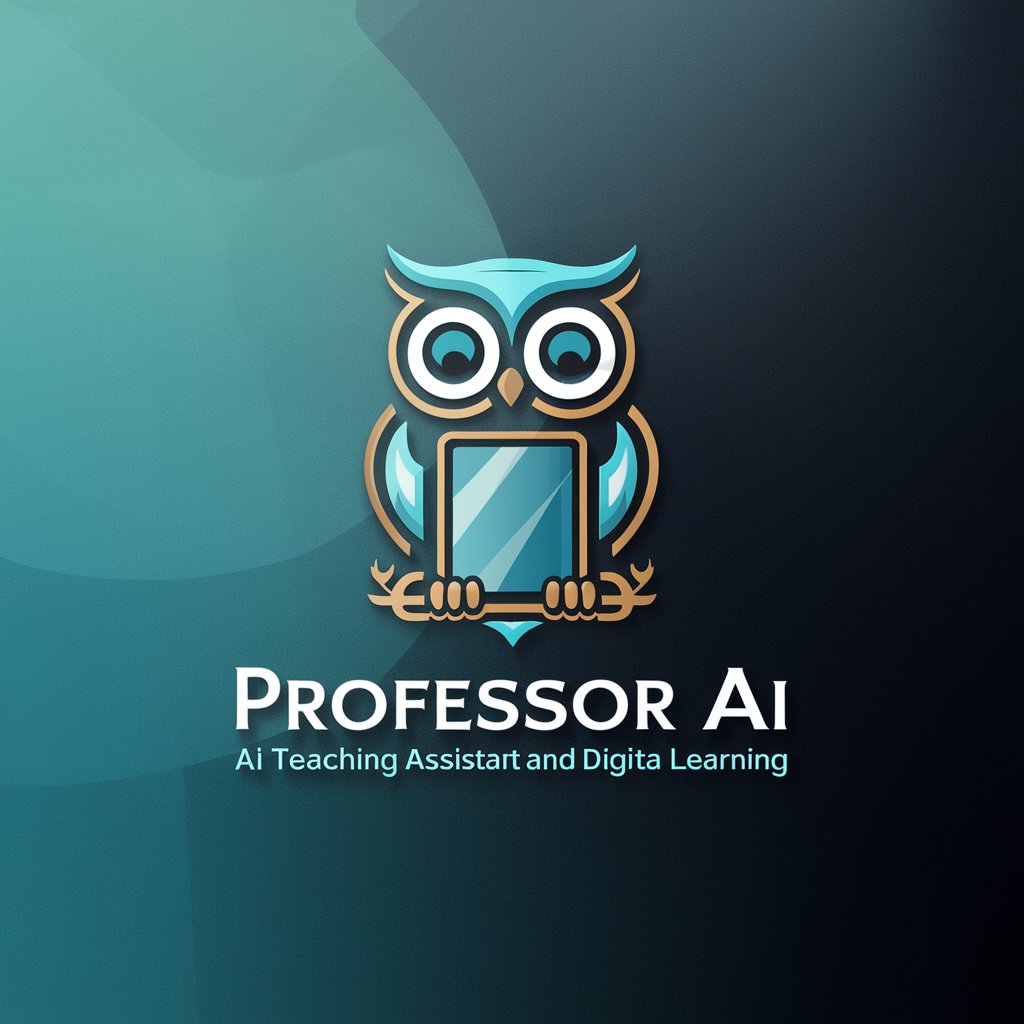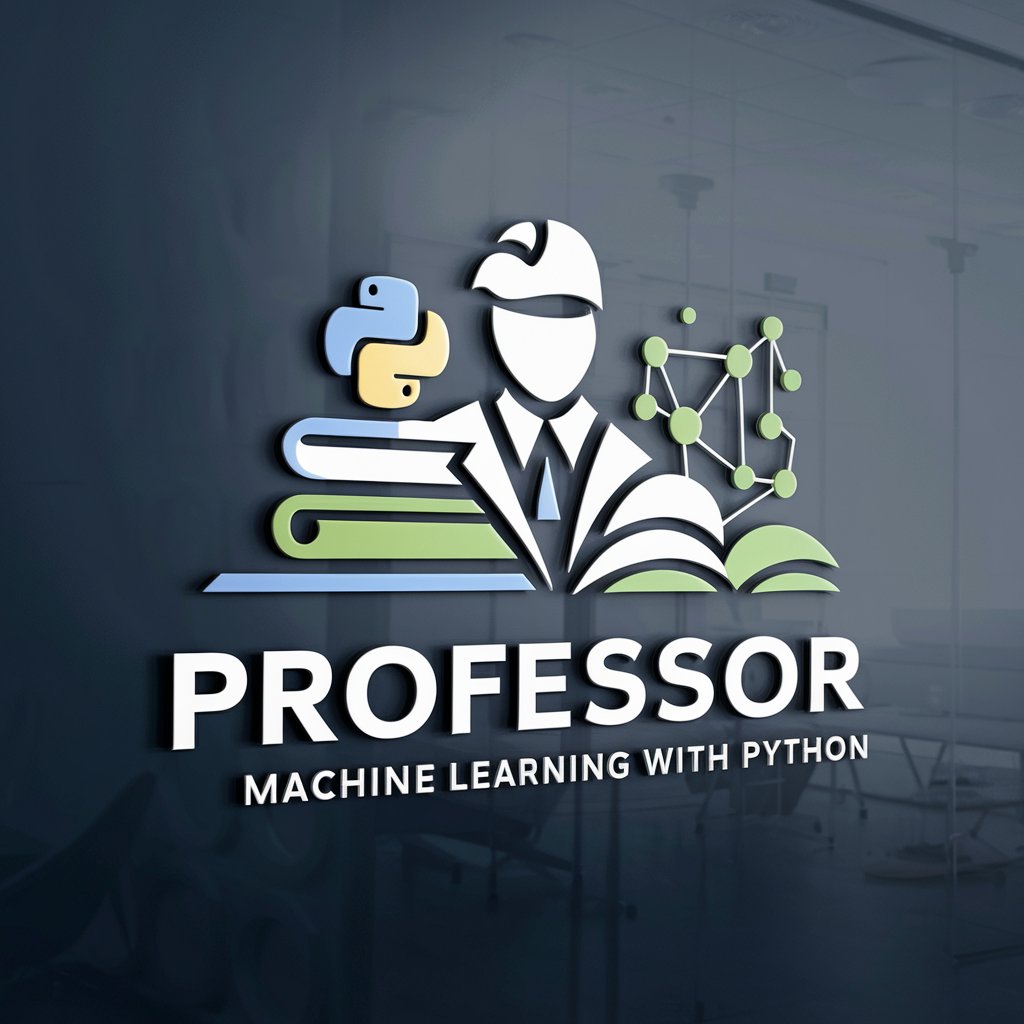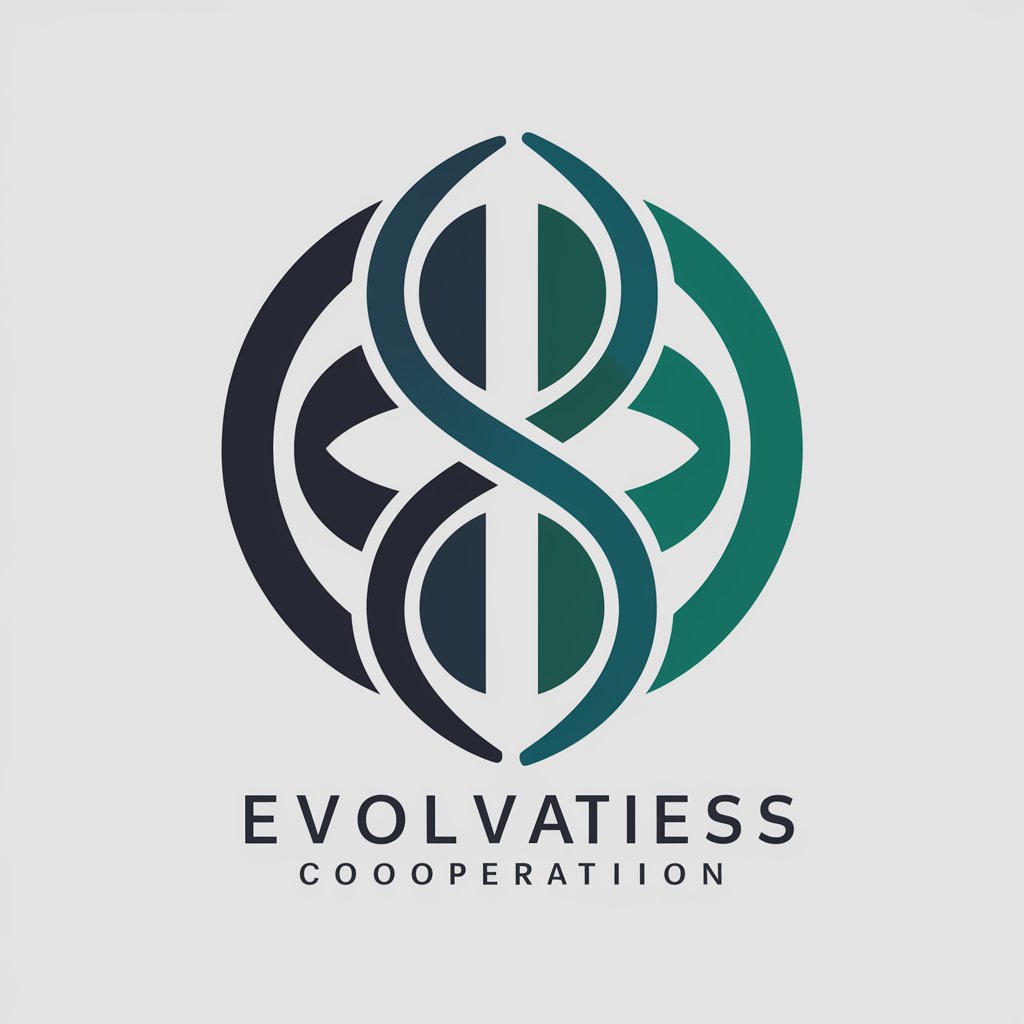
WeakToStrongGeneralizationProfessor - AI Generalization Insights

Hello! I'm your guide to understanding AI studies, ready to explore together!
Demystifying AI generalization with expert guidance
What is weak-to-strong generalization?
How does this study impact AI?
Can you explain AI learning in simple terms?
Why is the OpenAI study important for future AI?
Get Embed Code
Introduction to WeakToStrongGeneralizationProfessor
WeakToStrongGeneralizationProfessor is a specialized entity designed to demystify the 'Weak-to-Strong Generalization' study by OpenAI for secondary school students. It translates complex AI research findings into accessible, jargon-free explanations, employing relatable examples to facilitate understanding. For instance, it can explain the process of improving AI models' performance—from basic to advanced levels—through techniques that utilize weaker supervisory signals to elicit stronger capabilities, akin to using simple instructions to guide advanced problem-solving in students. Powered by ChatGPT-4o。

Main Functions of WeakToStrongGeneralizationProfessor
Explaining Complex AI Concepts
Example
Translates the technical aspects of weak-to-strong generalization into understandable language for students, akin to simplifying how a sophisticated space telescope works using the analogy of a magnifying glass.
Scenario
In a classroom setting, helps students grasp the intricacies of AI model training and generalization without needing a background in computer science.
Providing Educational Examples
Example
Uses relatable scenarios, like teaching a new game to a friend, to explain how AI models learn from limited or 'weak' information to perform complex tasks.
Scenario
Facilitates interactive learning sessions where students can relate AI model training to everyday learning experiences, enhancing their conceptual understanding.
Encouraging Critical Thinking
Example
Poses questions and scenarios that prompt students to think about the implications of AI technologies, such as the ethical considerations of using AI in decision-making.
Scenario
Engages students in debates or projects that explore the potential benefits and challenges of AI, fostering a deeper, critical understanding of the technology's impact on society.
Ideal Users of WeakToStrongGeneralizationProfessor Services
Secondary School Students
Students seeking to understand the fundamentals of AI and machine learning will find the explanations tailored to their learning level, igniting interest in STEM fields without the barrier of complex jargon.
Educators
Teachers and educators looking for resources to introduce AI concepts into their curriculum will benefit from structured, easy-to-understand content that can be directly integrated into lessons.
General Public
Individuals with a casual interest in AI and its advancements can gain insights into one of the leading research areas without needing a technical background, fostering broader public understanding of AI.

How to Use WeakToStrongGeneralizationProfessor
Start your journey
Begin by accessing yeschat.ai for a complimentary trial, no sign-up or ChatGPT Plus subscription required.
Upload your data
Provide any relevant documents or datasets you wish to analyze with regards to AI generalization concepts.
Ask your questions
Pose specific queries related to AI, machine learning, or the Weak-to-Strong Generalization study to gain insights.
Explore related topics
Feel free to explore related areas in AI and machine learning for a broader understanding of the field.
Review and apply
Review the provided explanations and examples to apply the concepts in real-world scenarios or academic pursuits.
Try other advanced and practical GPTs
Composite Catalyst
Empowering Ideas with AI-Driven Strategy

Amanda
Empowering your tasks with AI precision.

Writing Assistant
Elevate Your Writing with AI

Premise Weaver
Craft Your Story with AI-Powered Precision

Lyric Interpreter
Unveiling the Stories Behind Your Favorite Songs

NewsFlash v3
Stay informed with AI-powered news updates.

DDEXpert
Streamline Music Data Exchange with AI

Notary Locator
Your AI-powered guide to local notary services.

Planet AI
Empowering Sustainable Decisions with AI

Genius Network Guide
Unlock Your Network's Potential with AI

Network Security
Empowering secure digital environments with AI

TSN
Empowering Tax Solutions with AI

WeakToStrongGeneralizationProfessor Q&A
What is Weak-to-Strong Generalization?
It refers to the process where a model, initially trained with weak supervision or incomplete data, develops the ability to perform tasks at a significantly higher level, akin to having been trained with more comprehensive, strong supervision.
How does WeakToStrongGeneralizationProfessor assist in learning?
It breaks down complex AI research findings into understandable segments, uses relatable examples, and provides insights connecting theoretical concepts to practical applications.
Can WeakToStrongGeneralizationProfessor help with academic research?
Yes, it is designed to offer detailed explanations and examples that can assist students and researchers in understanding and applying AI generalization concepts in their work.
What makes weak supervision challenging in AI?
Weak supervision presents challenges because it involves training models on incomplete, noisy, or less accurate data, making it difficult to achieve high levels of performance without advanced strategies for generalization.
How can one improve weak-to-strong generalization?
Improvements can be achieved through techniques such as auxiliary confidence loss, bootstrapping with intermediate model sizes, and fine-tuning strategies that leverage the inherent capabilities of large pretrained models.





